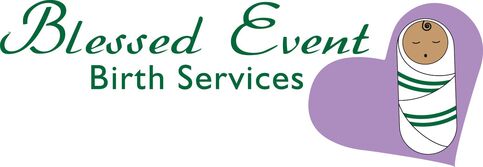In the past few years, several studies have shown that some current obstetrical practices are unnecessary and may be detrimental. One of many examples of the lag in applying evidence based care is eating and drinking during labor. The evidence shows "the risk of aspiration during cesarean childbirth was 0.667 per million women, or approximately 7 events in 10 million births (Hawkins, Koonin et al. 1997). [Side note: The probability of this occurring is less likely than being struck by lightning!] In another study, researchers looked at 11,814 women who were given the freedom to eat and drink during labor, with some women requiring emergency C-sections. There were zero cases of morbidity or mortality reported from aspiration pneumonia, even though 22% of women had eaten solid food (Rooks, Weatherby et al. 1989)." This evidence has been publicized since 2010, and yet in many hospitals, policy hasn't changed. This is from the website of Sparrow Birthing Services and Mother Baby Center in Michigan: "A very serious risk of general anesthesia is that you may vomit as you go to sleep. If stomach contents are inhaled into your lungs, you could develop a serious type of pneumonia. That is why we ask that you limit your intake of food and liquids prior to surgery or when in active labor." Closer to home, it is a challenge to find a hospital that will allow VBAC (vaginal birth after caesarean) in spite of the guidance from ACOG, the professional organization that provides practice guidelines for pregnancy care.
One of the reasons I became a home birth midwife is to offer women the opportunity to work with a provider who strives to use the most current practice recommendations and who is not constrained by hospital policies that are dictated by insurance or outdated. Women should not have to wait seventeen years to get the best care possible!

 RSS Feed
RSS Feed